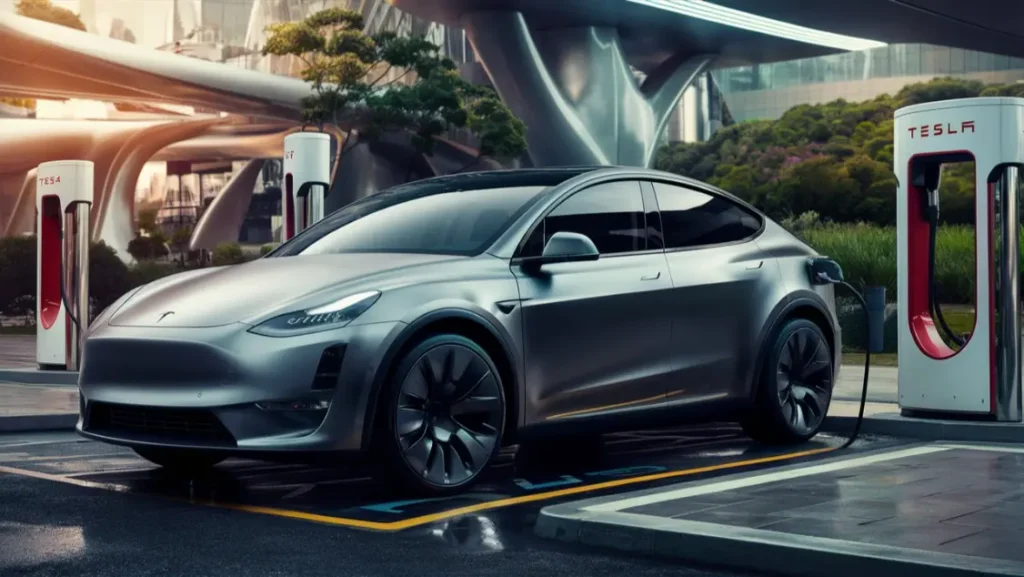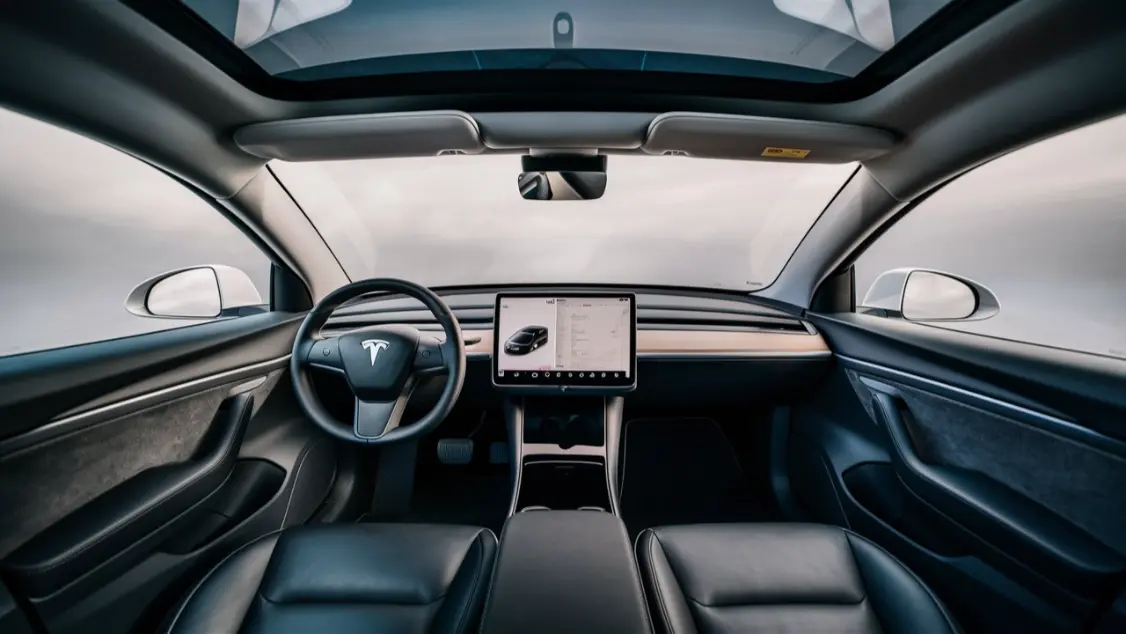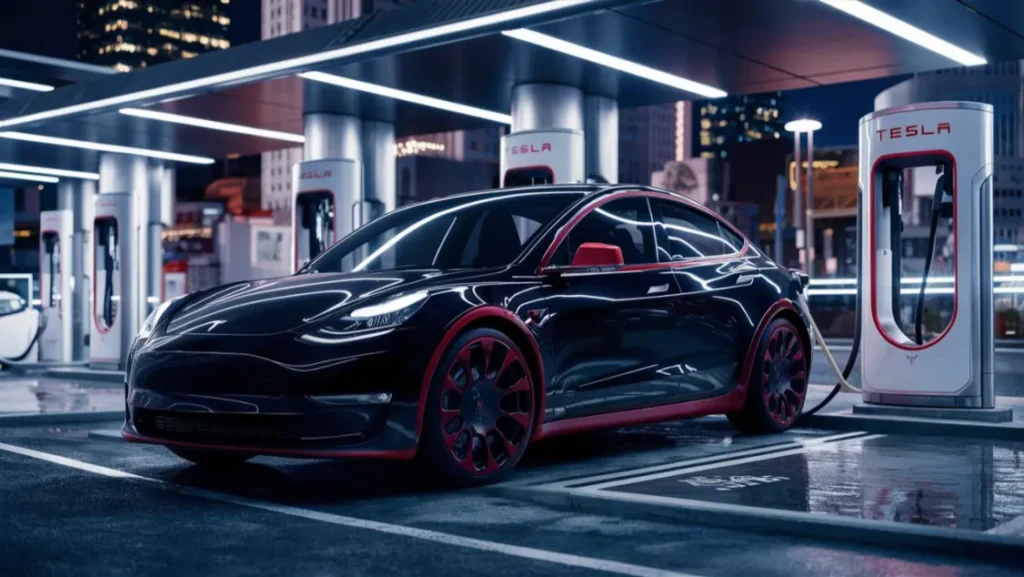Electric cars are becoming very popular. You might wonder if you should switch to an electric car. This article will help you decide. We will look at the benefits, costs, and environmental impact.
Is Switching to an Electric Car a Good Idea : It Depends on you
Some additional questions to ask yourself:
- How far do you typically drive each day? If your commute is short, an EV might be a perfect fit. For longer distances, consider how easy it would be to find charging stations.
- Maximum distance you should travel? This consider the all options of EV cars range that meet your requirement
- Do you have access to home charging? This is the most convenient and affordable way to charge your EV.
- What is your budget? Consider not just the purchase price, but also potential savings on fuel and maintenance.
What is an Electric Car?
An electric car is a vehicle that runs on electricity. It has a battery instead of a gas tank. You charge the battery to power the car. Electric cars are different from traditional cars that use gasoline.
Benefits of Switching to an Electric Car
1. Better For The Environment
Electric cars produce fewer emissions. This means they pollute less. Traditional cars burn gasoline, which creates pollution. Electric cars help reduce air pollution.
2. Cost Savings
Electric cars can save you money. Charging an electric car is cheaper than buying gasoline. Maintenance costs are also lower. Electric cars have fewer moving parts. This means fewer things can break.
3. Quiet And Smooth Ride
Electric cars are very quiet. They do not have a loud engine. The ride is also very smooth. Electric motors provide instant power. This makes driving more enjoyable.
4. Government Incentives
Many governments offer incentives for buying electric cars. These can include tax credits or rebates. This can make electric cars more affordable.

Costs of Switching to an Electric Car
1. Higher Purchase Price
Electric cars can be more expensive to buy. The initial cost is higher than traditional cars. However, you can save money in the long run.
2. Limited Range
Electric cars have a limited range. This means they can only travel a certain distance on a single charge. You need to plan your trips carefully. Charging stations are becoming more common, but they are not everywhere.
3. Charging Time
Charging an electric car takes time. It is not as quick as filling up a gas tank. You need to plan for this when traveling long distances.
Environmental Impact of Electric Cars
Electric cars are better for the environment. They produce fewer greenhouse gases. This helps fight climate change. However, making electric car batteries requires energy. This can create pollution. But overall, electric cars are still better for the planet.
Future of Electric Cars
The future looks bright for electric cars. More people are buying them. Car manufacturers are making more models. Charging stations are becoming more common. Technology is improving. This means electric cars will get better and cheaper.
Frequently Asked Questions
Is An Electric Car Cost-effective?
Electric cars save on fuel and maintenance costs, making them cost-effective in the long run.
What Is The Range Of Electric Cars?
Modern electric cars typically offer a range of 150-300 miles on a single charge.
How Long Does It Take To Charge?
Charging times vary. Fast chargers take around 30 minutes, while home chargers take several hours.
Are Electric Cars Environmentally Friendly?
Yes, electric cars produce zero emissions, significantly reducing your carbon footprint compared to gasoline vehicles.





